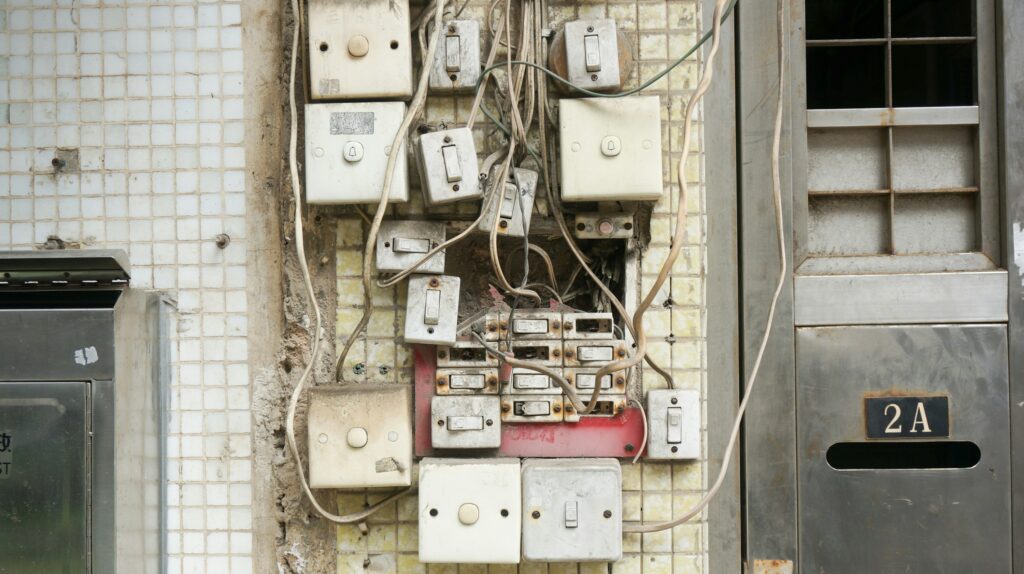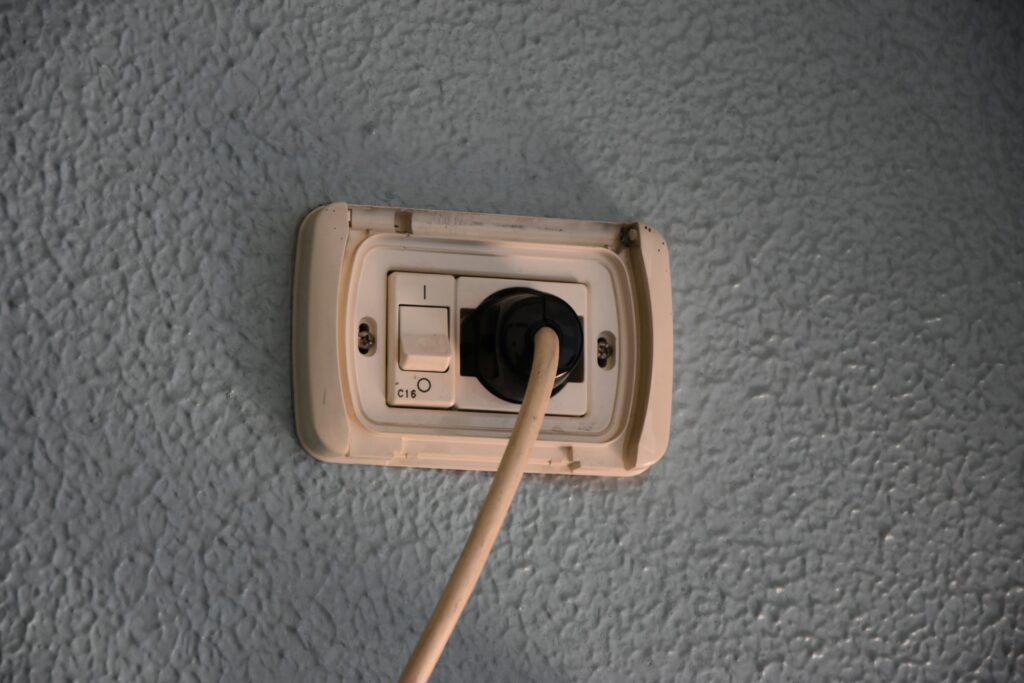12 Electrical Emergency Electrician Ltd
Why You Shouldn’t DIY Fuse Box Repairs?

Overview
A consumer unit—or fuse box—is the central hub of your home’s electrical system. It distributes electricity across all circuits in the house and includes safety devices like RCDs to protect you from electric shocks and fire hazards. While it might seem like just another panel, working on it yourself is both dangerous and, in many cases, illegal.
DIY repairs may seem tempting, especially if you’re confident with tools or looking to save money. But in reality, fuse box repairs require expert knowledge of load balancing, earthing, circuit ratings, and UK regulations.
The risks aren’t minor. Incorrect wiring or bypassing safety switches can easily lead to fires, which are often devastating and sometimes fatal. Electrical Safety First, a UK charity, has long warned that faulty electrics cause around 20,000 accidental house fires every year. That’s roughly half of all accidental domestic fires.
Not only is it dangerous, but unauthorised electrical work can also invalidate your home insurance and put you on the wrong side of the law. Under UK building regulations, changes to your consumer unit are “notifiable works”, meaning they must be approved by your local authority or carried out by a certified electrician.
Risks of DIY Fuse Box Repairs
1. Electrical Shock
Working on a live fuse box can result in severe or fatal electric shocks.
2.Fire Hazards
Incorrect wiring or overloading circuits can lead to overheating and fires.
3. Non-Compliance with Regulations
UK law requires that significant electrical work complies with Part P of the Building Regulations. DIY repairs may not meet these standards, leading to legal issues and potential problems with insurance claims.
4. Invalid Insurance
Many insurance policies require that electrical work be carried out by certified professionals. DIY repairs could void your coverage.
5. Complexity of Modern Systems
Modern fuse boxes are complex and require specialised knowledge to repair safely and effectively.
Legal Considerations
In the UK, certain electrical work is classified as “notifiable,” meaning it must be reported to your local building control body. This includes:
- Installing a new circuit
- Replacing a consumer unit
- Any work in bathrooms or near water sources
Failing to comply can result in fines and issues when selling your property.
Modern fuse boxes include complex safety systems that require testing and calibration with specialist equipment. Even minor upgrades, such as replacing a circuit breaker, can require knowledge of current standards like BS7671 (IET Wiring Regulations).
If your consumer unit needs upgrading—or you’re experiencing issues such as flickering lights or frequent tripping—it’s best to call a qualified electrician. They will assess the load, update any outdated parts, and issue the necessary certification.
In short, the risks simply aren’t worth it. A professional electrician ensures your home stays safe, legal, and properly protected.



